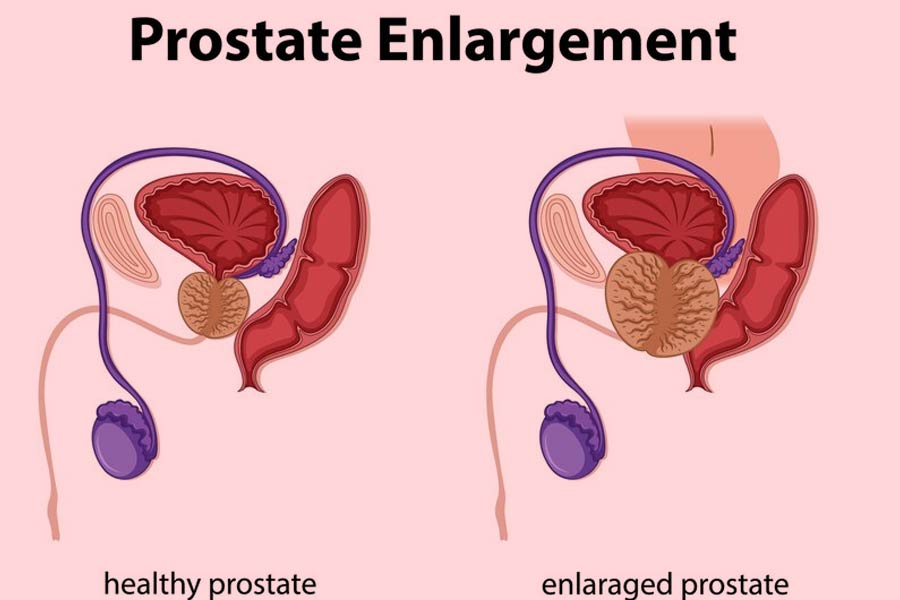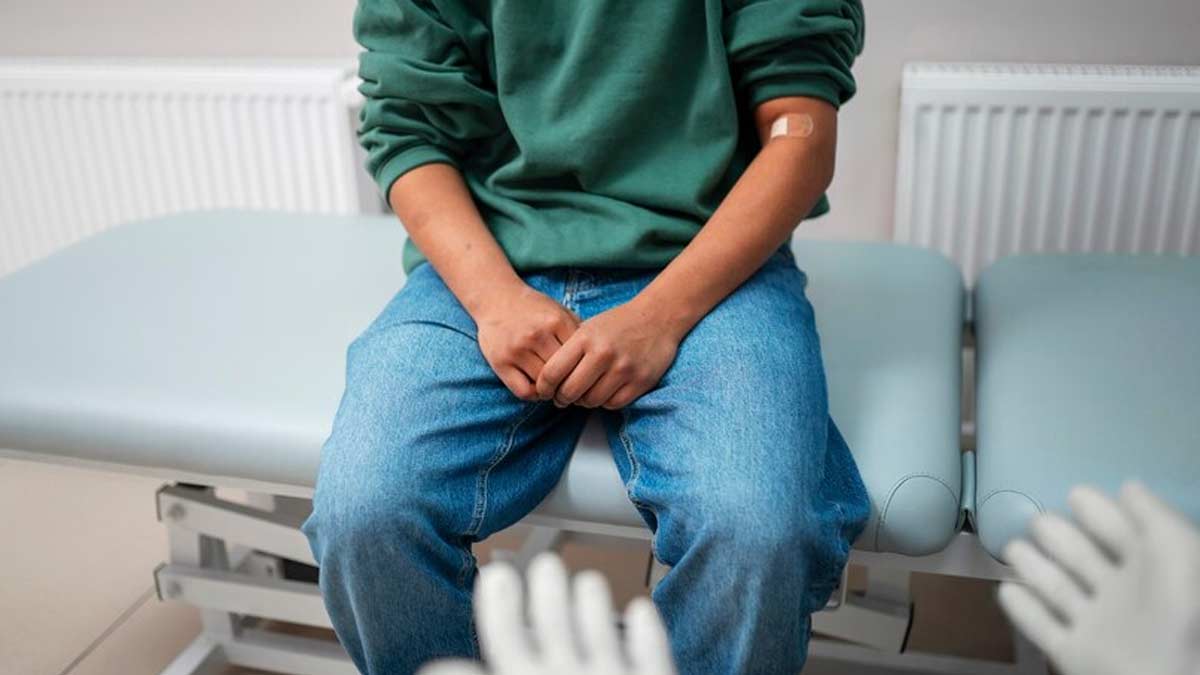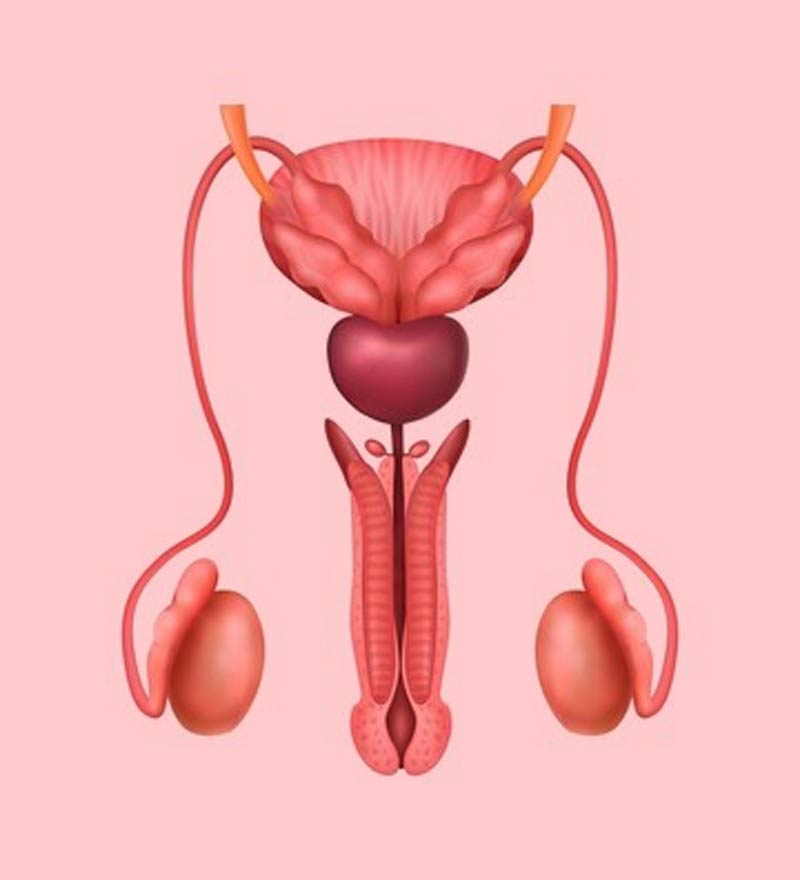Previously this thirty day period Buckingham Palace had introduced a assertion revealing that King Charles III has been diagnosed with cancer but the kind of cancer was not disclosed.
He was hospitalised for prostate enlargement (benign prostatic hyperplasia) while the statement denied any connection of this with cancer.
To comprehend this ailment effectively, OnlyMyHealth linked with Dr Nitin Shrivastava, Senior Consultant, Urology, Kidney Transplant Application and Robotic Surgical procedures at Artemis Hospital Gurugram.
What Is Benign Prostatic Hyperplasia?

Benign Prostatic Hyperplasia (BPH) is a issue when the prostate gland and the surrounding area expands. It is an age related overall health problem. Dr Shrivastava defined, “It is a issue that is characterised by the non-cancerous enlargement of the prostate gland. The prostate gland surrounds the urethra and plays an crucial purpose in male reproductive perform by manufacturing fluid that nourishes and transports sperm and with the maximize in age, the prostate gland may also improve in dimension and give increase to this problem.”
Signs
According to Dr Shrivastava, the signs of benign prostatic hyperplasia (BPH) normally include urinary challenges like increased frequency of urination, specially at night time (nocturia), urgency to urinate, weak urinary stream, straining to urinate, problem initiating urination, and a sensation of incomplete bladder emptying.
He even further explained, “Some people today may well also knowledge urinary retention, where by they face challenges in entirely emptying the bladder, which benefits in pain or a sensation of fullness in the reduce stomach. In excessive situations, BPH can lead to difficulties like urinary tract infections, bladder stones, or acute urinary retention requiring professional medical interest.”
Also read: King Charles III Identified With Cancer, Sort Not Revealed
Brings about Of BPH

When asked about the causes of BPH, Dr Shrivastava claimed, “The precise lead to of benign prostatic hyperplasia (BPH) is not fully obvious, but there are various elements that are claimed to induce this dilemma.”
“One critical aspect is age, as this difficulty majorly occurs in older guys. Hormonal modifications, especially an raise in concentrations of dihydrotestosterone (DHT), a powerful type of testosterone, with age, is believed to perform a big position in the enlargement of the prostate gland,” he reported.
Furthermore he said, “Genetics might influence an individual’s possibilities of establishing BPH, as it tends to run in households. Other probable hazard variables incorporate weight problems, sedentary life-style, and some healthcare situations like diabetic issues and cardiovascular disorder.”
Also go through: Prostate Most cancers: Qualified Debunks Its Myths And States The Points
https://www.youtube.com/enjoy?v=bcrwWWkRF-I
Who Is At The Danger Of Getting It?
Dr Shrivastava explained, “Men immediately after the age of 50 are specifically at the risk of establishing this challenge. But, not all men will build BPH, and the severity of symptoms also varies drastically among the persons.” Including he claimed, “People with medical problems like diabetic issues and cardiovascular condition are also most likely to establish BPH.”

Preventive Steps
Citing way of life modifications, Dr Shrivastava said, “Maintaining a nutritious way of life, like normal physical exercise and having a well balanced diet program loaded in fruits, vegetables, and full grains, can aid in fat administration and decrease the hazard of being overweight, which is a well known possibility variable for BPH.” “Limiting the intake of liquor and caffeine in particular ahead of going to mattress can ease urinary signs and symptoms linked with BPH.” He more said, “Practising very good urinary practices like emptying the bladder absolutely and averting delaying urination can aid in protecting against urinary retention and lessen the danger of bladder associated difficulties.”
Concluding, Dr Shrivastava explained, “Regular look at-ups with a health care provider are also critical for early detection and well timed management of BPH, primarily in adult men in excess of the age of 50 or these who have a spouse and children historical past of prostate conditions. Involving health care experts is also critical as they can assistance in suggesting a thorough method to managing BPH and sustaining over-all prostate well being.”
